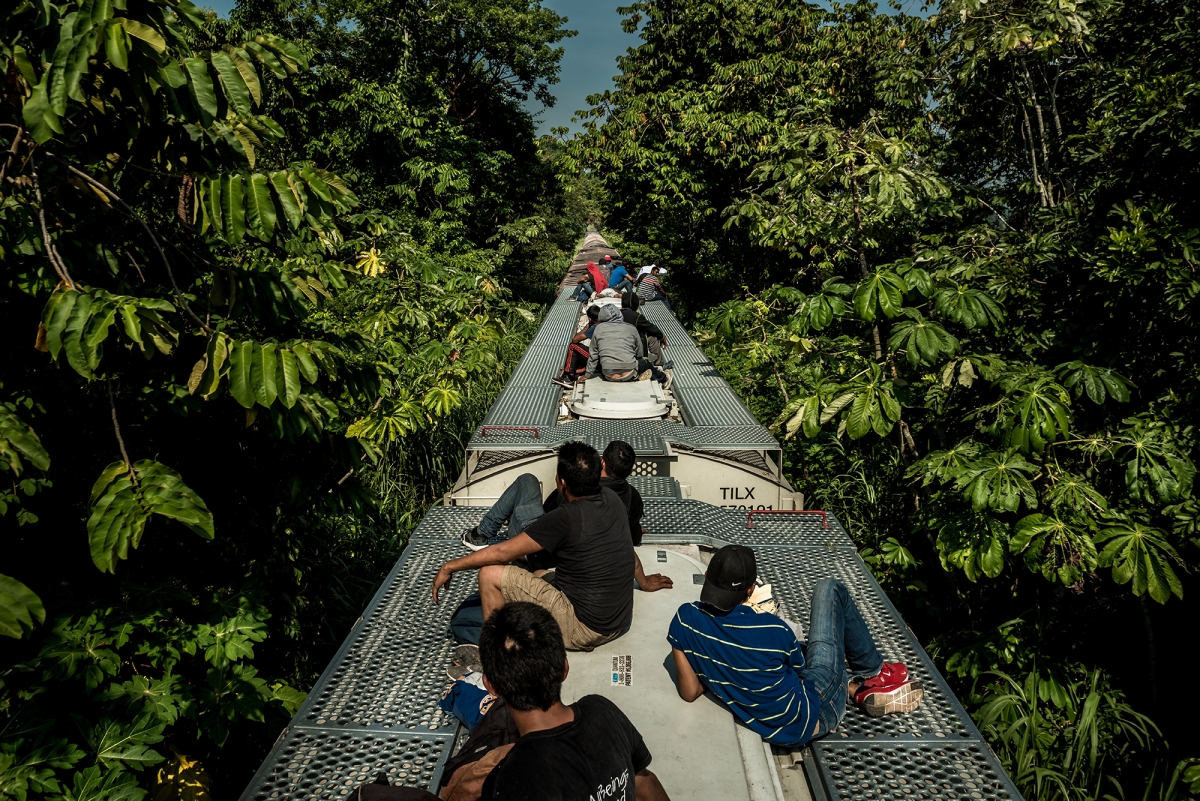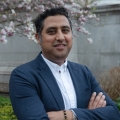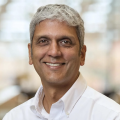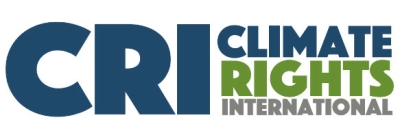The Role of Human Rights Advocacy to Address Climate Change
VIEW EVENT DETAILS
The right to life. The right to clean air and water, land to live on, sustainable livelihoods, the survival of one’s community. Freedom of expression and the right to protest for Indigenous Peoples and environmental defenders. The “right to a future” for current and future generations.
The climate crisis is not only exacerbating already enormous inequalities, it is threatening the very survival of many communities and cultures, including Indigenous Peoples.
This is what is at stake for people living on the frontlines of climate change. While there is now a broad consensus that climate change is humanity’s greatest existential threat, less well recognized is that it is already a human rights emergency. Climate change is taking an increasingly devastating toll on people in Asia and around the world, yet emissions in major emitting countries such as the U.S., China, India and Indonesia continue to grow.
What can and should we do in response? How can we persuade and pressure governments, companies, banks, and international financial institutions to make the urgent and necessary decisions to transition away from fossil fuels to clean energy? What are the respective roles of grassroots vs treetops activism? Who can and should pay the costs of mitigation, adaptation and for loss and damage? What exactly does a Just Transition look like? How do we hold major emitters and greenwashers accountable? Which tools work best – regulation; strategic litigation; engagement; naming and shaming; ecocide prosecutions? Can we move the climate conversation out of the feedback loop of our information silos? How can we create narrative change to put people at the center of the climate debate?
This program is part of the COAL + ICE exhibition and series of programs at Asia Society, Feb. 13-Aug. 11, 2024, designed to provoke thought and action on climate change. Galleries will be open until 6:30 p.m. on June 5 and museum admission will be included for holders of event tickets from 5:00 p.m. - 6:30 p.m.

Prof. Rajiv S. Joshi is an economist, community organizer and entrepreneurial leader working at the intersection of environmental, social and economic justice. He is a co-architect of the 2030 Sustainable Development Agenda and Lead Author of the Decisive Decade Inquiry into the Future of Climate Action, commissioned by ex-UN Climate Chief, Christiana Figueres, global climate philanthropy and the Mission 2020 Campaign. He has supported global campaigns and initiatives to phase out fossil fuel , transform food systems, end illicit flows of capital, mobilize climate finance, advance the economics of wellbeing and halt biodiversity loss. He is a leading voice in exploring how philanthropy, and other actors, can use catalytic collaboration and high-risk capital to drive systemic change in the face of climate change and other converging crises. Rajiv is currently Founder & CEO of Bridging Ventures, an agency driving radical collaboration, through content, partnerships and coalitions, to address systemic challenges across generations, sectors and geographies. He was appointed as a Commissioner on Scotland’s Just Transition Commission alongside current IPCC Chair Jim Skea. He holds a BA with a First Class Honors in Economics from the Strathclyde Business School in Glasgow and an MPA in International Finance and Economic Policy from the School of International and Public Affairs (SIPA) at Columbia University in New York.

Dr. Narasimha D. Rao is an Associate Professor of Energy Systems at Yale University. His research examines the relationship between energy systems, human development and climate change. His current focus is on investigating the household-level impacts of energy transitions policies in the US and around the world. His project entitled Decent Living Energy quantifies the material requirements and energy needs for the eradicating multidimensional poverty around the world. His research interests also include investigating income inequality, compound vulnerabilities to climate change, and climate policy analysis. His methods include household energy modeling, econometrics, input-output, and policy analysis. Narasimha’s work has been supported by the European Research Council, National Science Foundation, Environmental Protection Agency and other organizations. Dr. Rao is also a Senior Research Scholar at the International Institute for Applied Systems Analysis. He received his PhD from Stanford University in Environment and Resources, Masters from Massachusetts Institute of Technology in Electrical Engineering and Technology Policy, and A.B from Dartmouth College.

Zhang Jingjing is a Lecturer of Law in the Environmental Law program at the University of Maryland and a prominent Chinese environmental lawyer. Through her work as the first litigation director with the Beijing-based Center for Legal Assistance to Pollution Victims between 1999 and 2008, she won several milestone environmental litigation cases in the Chinese courts and was called by the media “China’s Erin Brockovich.” She also worked for the Natural Resource Defense Council’s China Program and PILnet: the Global Network for Public Interest Law, a New York-based public interest law organization to promote public interest litigation in China, from 2009-2013. She was selected as a Yale World Fellow in 2008 and won the SEE-TNC Eco-award, and the Women of Courage Award given by the U.S. Embassy in Beijing in 2011. Her work has been featured prominently in The New York Times and Newsweek, and she was featured in documentaries including The New York Times, China Rises (2005); CNN, PBS Planet in Peril (2007); and PBS Frontline, The Young and Restless in China (2008). Jingjing served as an Open Society Fellow from 2016-2018, monitoring China’s global environmental footprint, investigating Chinese companies’ environmental performances in Africa, Latin America and Southeast Asian, and testing various legal avenues to ensure Chinese overseas companies’ compliance with environmental laws and international human rights standards. She earned her MPA from Harvard University Kennedy School of Government and her law degrees from Wuhan University and China University of Political Science and Law. She was a visiting scholar at the Yale China Law Center in 2009 and at the Harvard Law School’s East Asia Legal Studies Program from 2013 to 2014 and is an Asia Society Asia 21 Fellow.

Brad Adams (moderator) is the founder and Executive Director of Climate Rights International. From 2002-2022, Brad was the Executive Director of the Asia division at Human Rights Watch, overseeing investigations, advocacy and media work in twenty countries including China, India, Indonesia, Philippines, Vietnam, Myanmar, Japan, and North Korea. He worked on issues such as freedom of expression, media freedom, protection of civil society, attacks on environmental and human rights defenders, land rights, labor rights, refugees, the law of armed conflict, women’s rights, impunity, and international justice. Brad has written for the New York Times, Washington Post, the Guardian, Foreign Affairs, and the Wall Street Journal, among others. He has regularly appeared on the BBC, CNN, Al Jazeera, and other major media. Prior to Human Rights Watch, Brad worked in Cambodia for five years as the senior lawyer for the Cambodia field office of the United Nations High Commissioner for Human Rights and as legal advisor to the Cambodian parliament’s human rights committee, conducting human rights investigations, supervising a judicial reform program, and drafting and revising legislation. He was the founder of the Berkeley Community Law Center (now the East Bay Community Law Center), where he worked as a legal aid lawyer. He teaches International Human Rights Law at the University of California, Berkeley, School of Law, and is a member of the California State Bar.
Presented in collaboration with:
